15 Smart Budget Travel Tips That Prove Anyone Can Roam
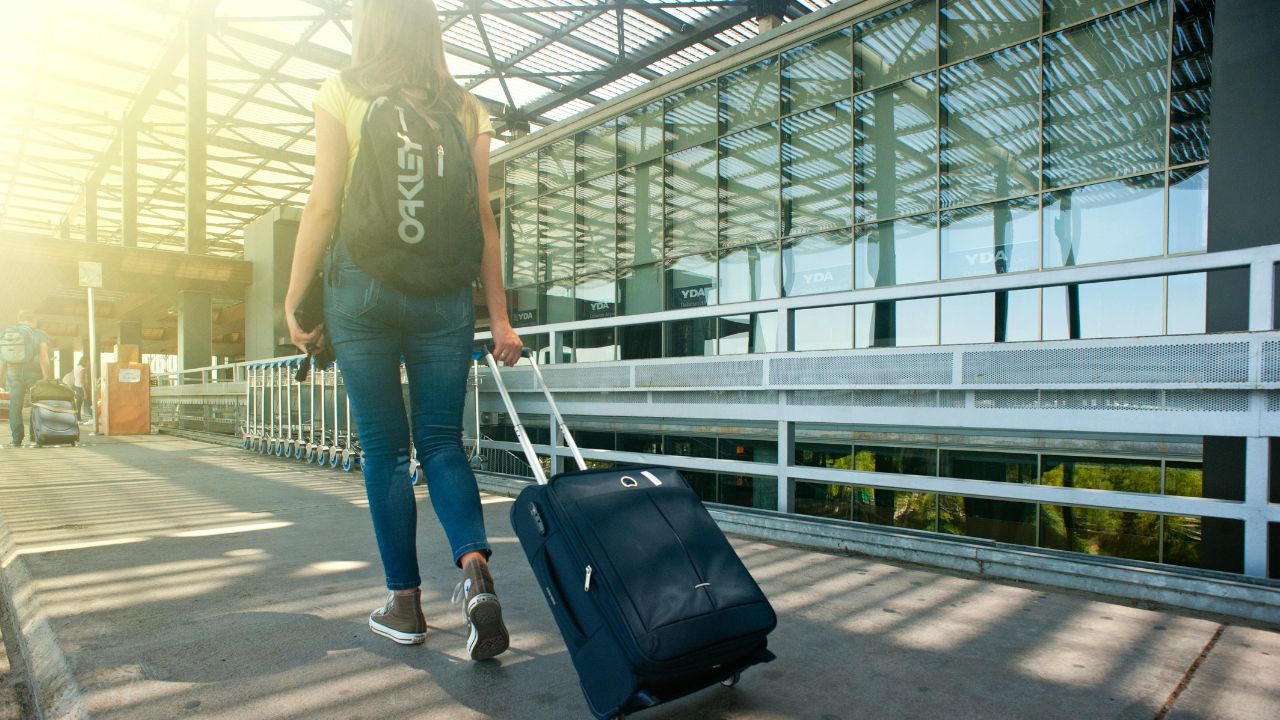
Traveling the world doesn’t have to drain your wallet. With a few smart strategies, anyone can explore new places without overspending. Whether you’re dreaming of distant cities or local escapes, budgeting wisely can open the door to more adventures. This guide is packed with practical, money-saving tips that prove travel isn’t just for the rich—it’s for anyone with the desire to roam. From flight hacks to free activities, these 15 tips will help you stretch your travel budget and see more for less.
Plan Ahead, Save Big

Planning is the first and smartest step for traveling on a budget. When you book flights, accommodations, and tours in advance, you often lock in lower prices and better deals. Spontaneous trips might sound exciting, but they usually come with last-minute price hikes and limited choices. Research your destination thoroughly—look up average costs, free attractions, and transportation options. Use deal-tracking websites or apps to get notified of discounts. The more prepared you are, the fewer financial surprises you’ll face during your journey.
Travel in Off-Season
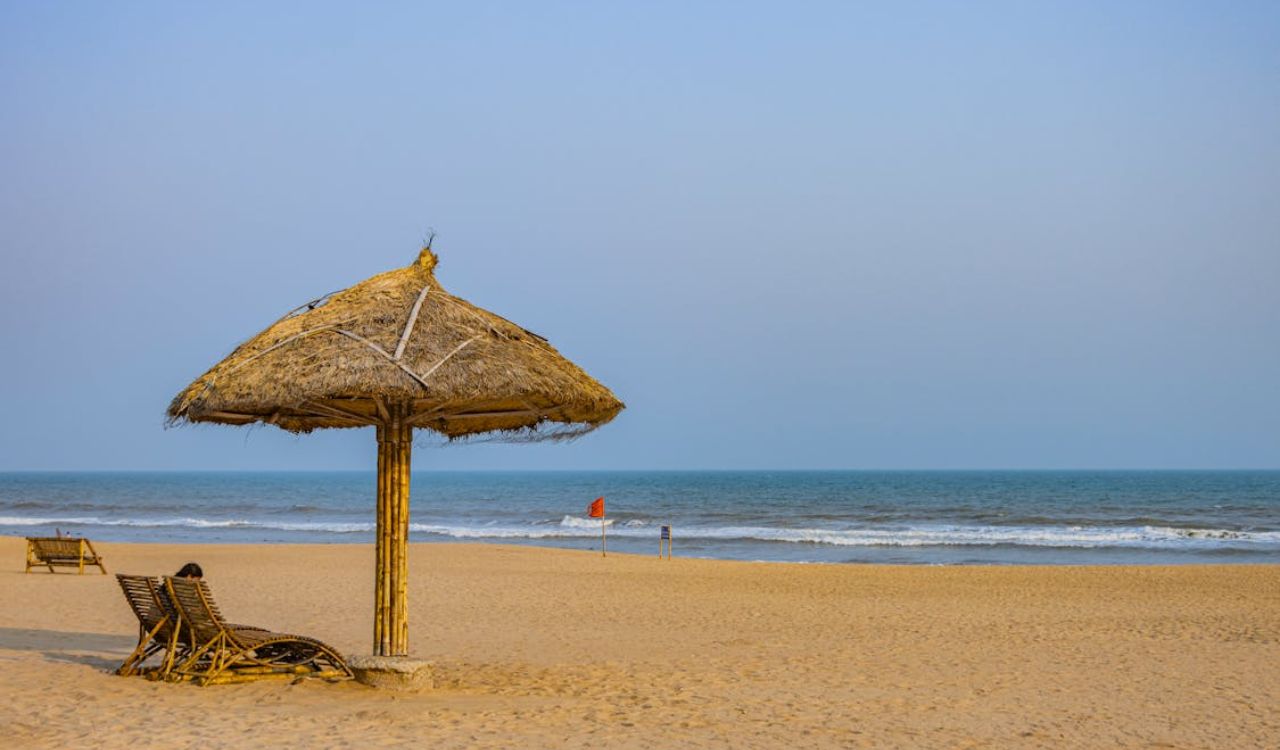
Off-season travel is a budget-savvy move that many overlook. Popular destinations often have high and low seasons depending on weather, school holidays, and festivals. During the off-season, demand drops—and so do prices for flights, hotels, and activities. You’ll also enjoy fewer crowds, shorter lines, and a more relaxed atmosphere. Sure, you might encounter different weather, but the savings and peaceful experience are well worth it. Research the best shoulder months when prices dip but conditions are still enjoyable.
Set a Daily Budget

Creating a daily budget helps you control your spending and stretch your travel funds. Start by calculating your total travel budget, then break it down into categories like meals, transport, lodging, and fun. Allocate a daily amount for each so you don’t overspend early on. Keep a simple log or use apps like Trail Wallet or TravelSpend to track expenses in real time. Having a set limit makes decision-making easier, helping you choose affordable options without guilt. It’s a great habit for smart, stress-free travel.
Use Fare Comparison Tools

Fare comparison websites and apps are your best friends when searching for cheap flights, buses, or trains. Tools like Skyscanner, Kayak, or Google Flights allow you to compare prices across multiple platforms and airlines. They also offer flexible date options so you can see when it’s cheapest to fly. Many apps show hidden fees and let you set alerts when prices drop. Don’t book the first deal you see—spend a little time comparing, and you could save a lot of money before your trip even begins.
Pack Light, Travel Free

Packing light isn’t just about convenience—it’s a powerful way to save money. Most budget airlines charge for checked luggage, and even traditional carriers have weight limits. Stick to a carry-on and pack versatile, mix-and-match clothing to minimize what you bring. Use packing cubes to organize, and bring only what you truly need. Traveling light makes it easier to navigate airports, public transit, and tight accommodations. Less luggage means fewer fees, less stress, and more freedom on the road.
Stay with Locals
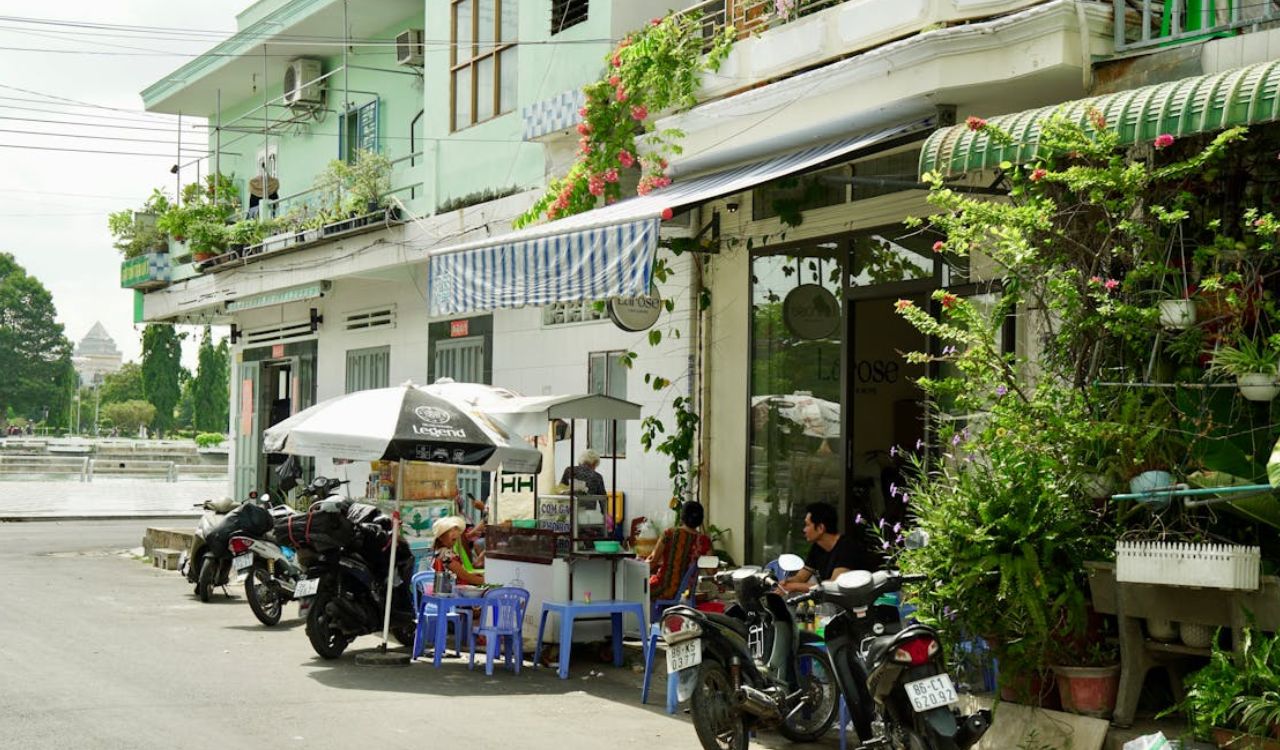
Choosing local stays like homestays, hostels, or Couchsurfing can save you a lot compared to hotels. These options are often cheaper and provide a more authentic experience. Staying with locals gives you a peek into real life, often with tips on the best affordable spots to eat and explore. Platforms like Airbnb also offer budget-friendly rooms, especially if you book early. Bonus: you might build friendships, learn new customs, or even get a home-cooked meal. It’s travel with heart—and savings.
Cook Your Own Meals

Eating out for every meal can quickly drain your travel funds. Save money by shopping at local markets and cooking your own food. Book accommodations with a kitchen, or prepare simple meals like sandwiches or instant noodles. Not only is it cost-effective, but it also allows you to explore local ingredients and flavors at your own pace. Even cooking just once a day can make a big difference. Pack a reusable water bottle and cutlery to avoid extra costs and reduce waste on the go.
Use Public Transport

Public transportation is often the cheapest and most authentic way to explore a city. Instead of relying on taxis or rideshares, hop on a bus, tram, or metro. Many cities offer day passes or prepaid cards that reduce your per-trip cost even further. It might take a little longer, but you’ll see more of the city and interact with locals along the way. Before you go, download local transport apps or maps to make navigating easier. It’s efficient, affordable, and surprisingly fun once you get the hang of it.
Walk Whenever Possible
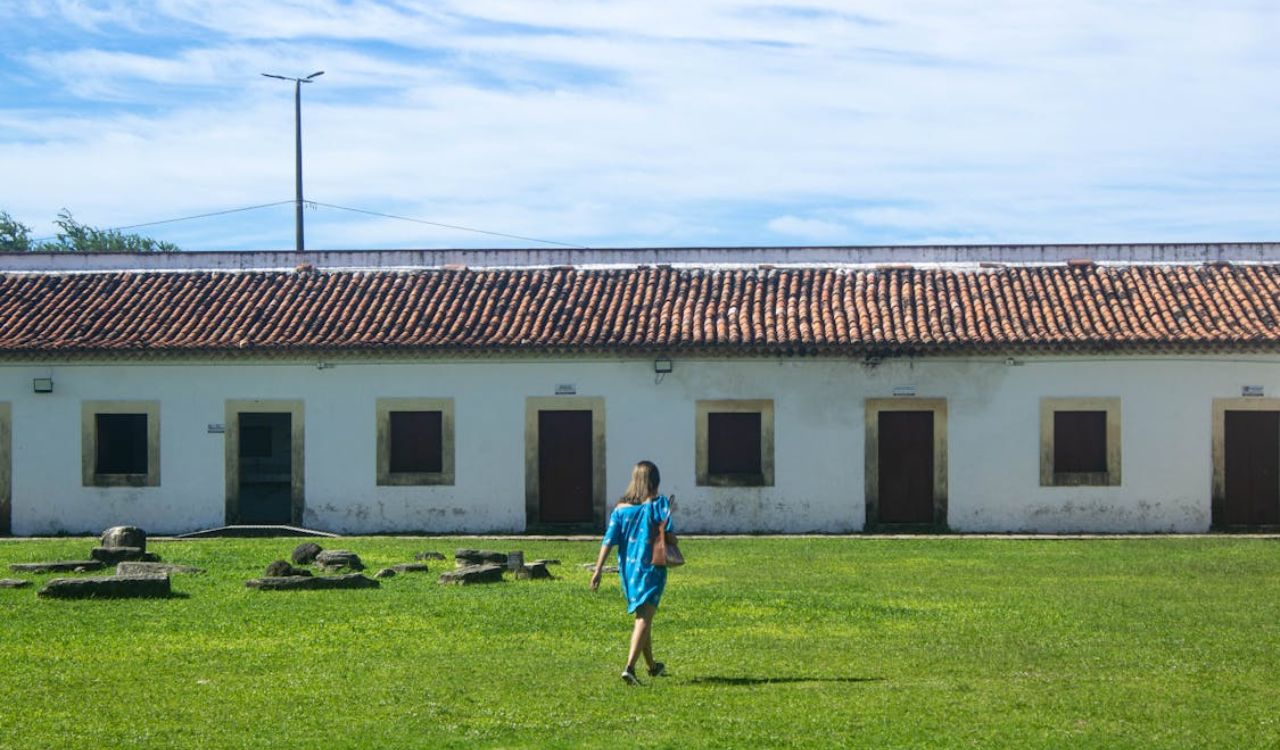
Walking is not only free—it’s one of the best ways to truly experience a new destination. Stroll through neighborhoods, explore back streets, or follow scenic paths that vehicles can’t reach. Walking allows you to slow down, soak in your surroundings, and discover hidden gems like local cafes, street art, or charming views. It’s also healthy and eco-friendly. Wear comfortable shoes, stay hydrated, and use offline maps to guide your route. The best travel moments often happen when you wander on foot.
Book in Advance
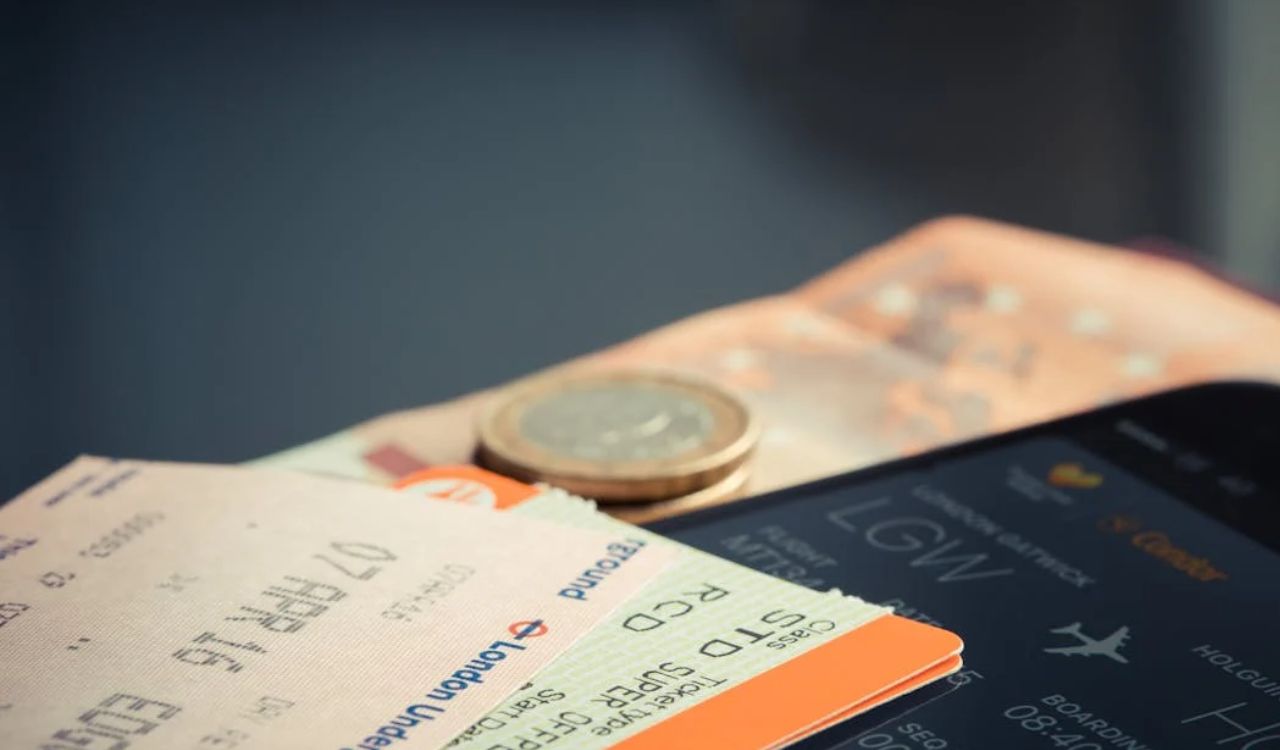
Advance booking is a golden rule for budget travelers. Whether it’s train tickets, museum passes, or guided tours, early reservations often mean lower prices and guaranteed spots. Many attractions even offer discounts for online purchases. Avoiding last-minute decisions also reduces the risk of overpaying or missing out entirely. Do your research before you arrive and schedule high-demand activities. Planning ahead not only saves money but also gives your trip structure without eliminating spontaneity.
Avoid Tourist Traps

Tourist-heavy areas often come with inflated prices, mediocre food, and long lines. Step just a few blocks away and you’ll often find better value, quieter spots, and more authentic experiences. Use blogs, forums, or apps like Spotted by Locals to discover hidden gems. Ask your host or a local for non-touristy recommendations. Whether it’s a quiet park, a family-run restaurant, or an uncrowded viewpoint, skipping the mainstream saves money and adds a personal touch to your journey.
Use Travel Reward Points

If you use a travel credit card wisely, you can rack up points and miles that cover flights, hotels, or even rental cars. Join loyalty programs for airlines and hotel chains to start earning rewards. Many cards offer sign-up bonuses and double points on travel-related purchases. Always pay your balance in full to avoid interest fees. With time, those points can turn into real savings or even free trips. It’s a great long-term strategy for frequent travelers looking to stretch their budget further.
Travel Overnight
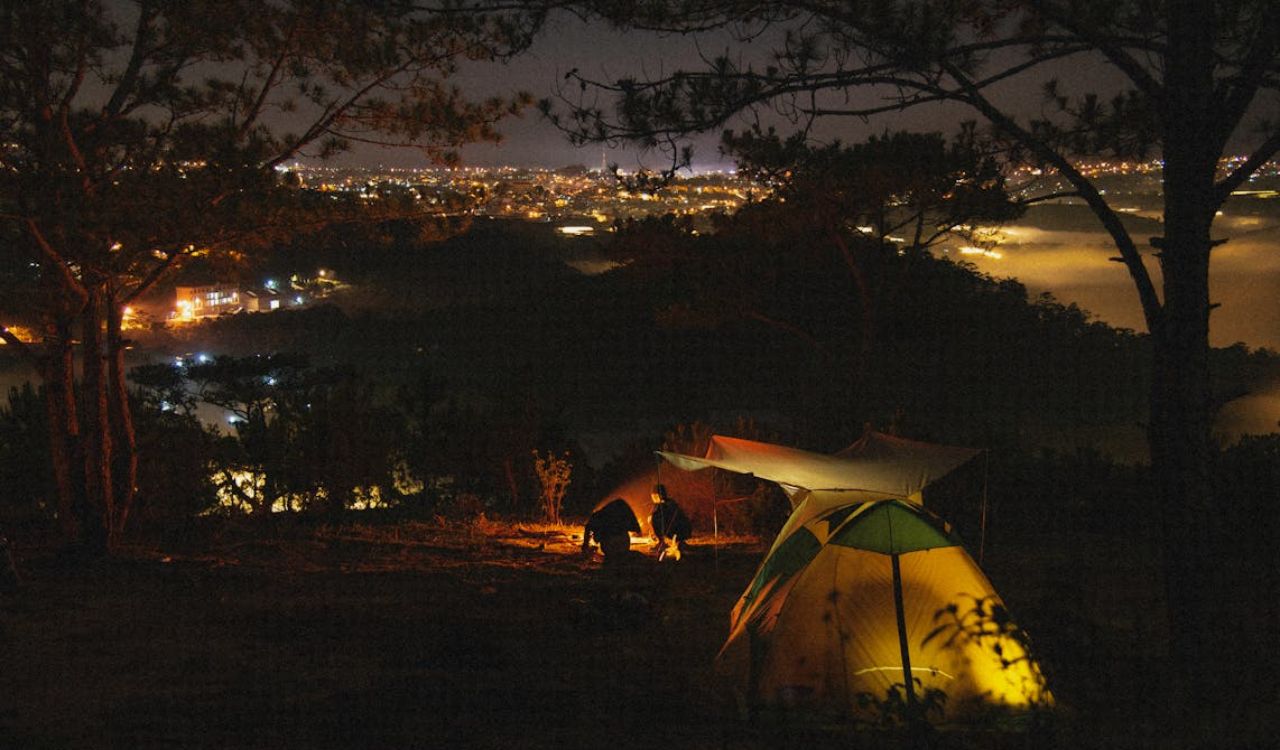
Overnight buses or trains let you cover distance while you sleep—saving you both time and a night’s lodging cost. It’s a budget traveler’s secret weapon. Many long-distance routes offer reclining seats, blankets, and onboard toilets. Bring a neck pillow, snacks, and something to keep you entertained. You’ll wake up in a new city ready to explore. It might not be the most luxurious experience, but the money saved and hours gained make overnight travel a smart and efficient option.
Pick Free Attractions
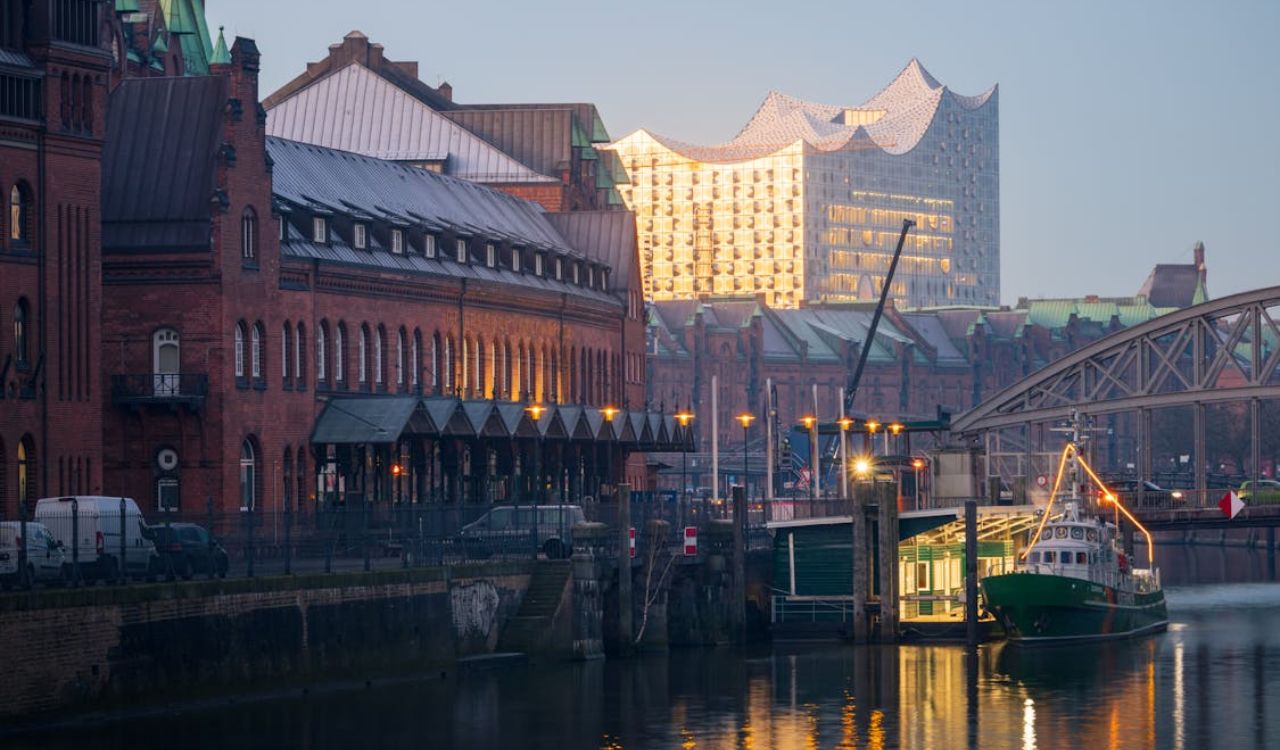
You don’t need to spend big to have a memorable trip. Most cities offer plenty of free activities: public parks, street performances, historical landmarks, and even free museum days. Look for walking tours run by locals (often tip-based) and community events like festivals or markets. Nature spots like beaches, hiking trails, and lakes are usually free to enjoy. Do a little research and plan your days around free or low-cost options to keep your travel budget in check while still having fun.
Limit Souvenir Spending

Souvenirs are tempting, but they can quickly eat into your travel funds and clutter your bags. Instead of buying something from every stop, focus on meaningful, small items or take lots of photos and journal your experience. If you do want to buy gifts, set a limit and stick to it. Shop at local markets instead of tourist stores to find better deals and more authentic pieces. Remember, the best souvenirs are the memories you make and the stories you bring home.